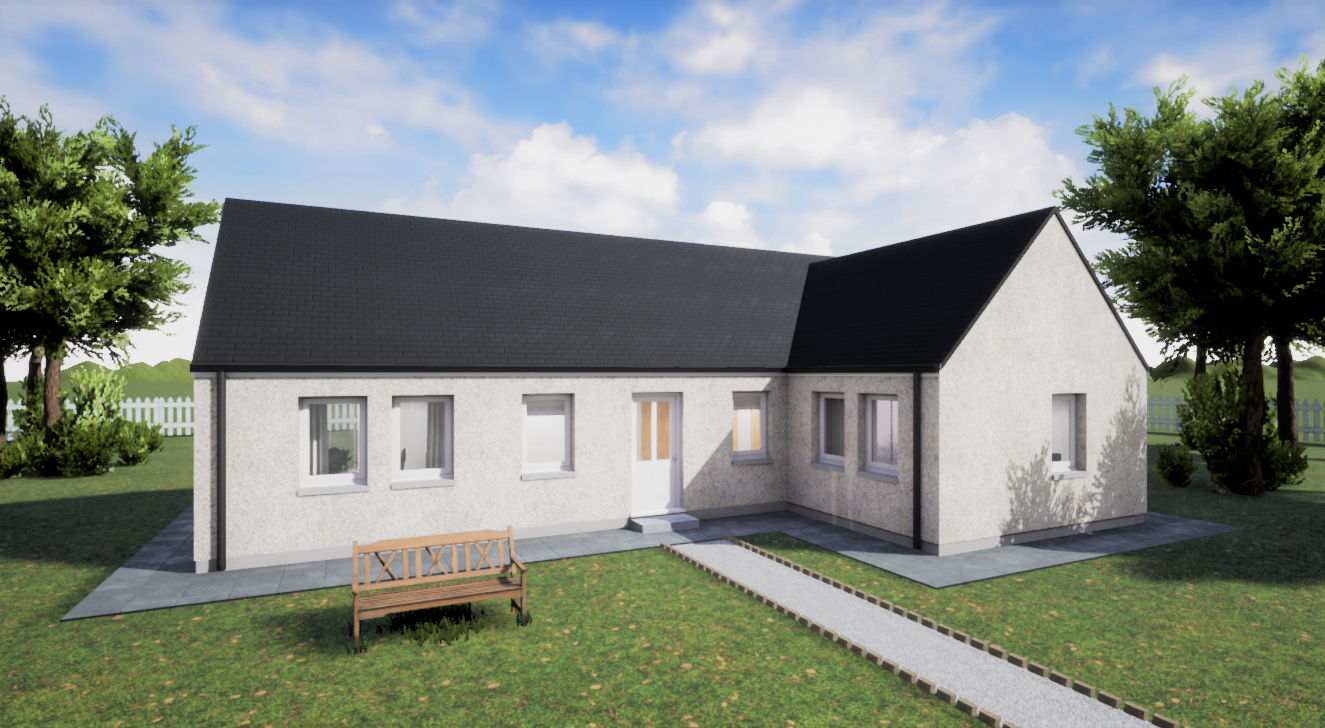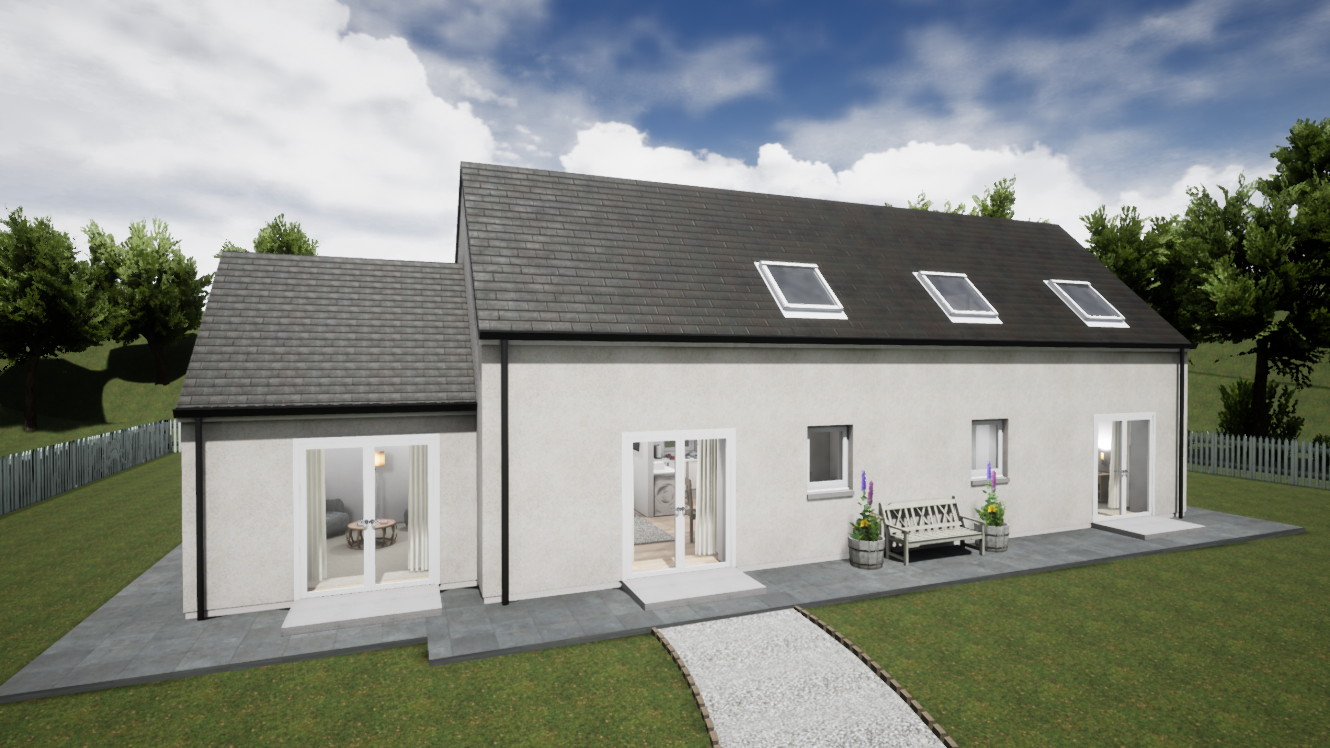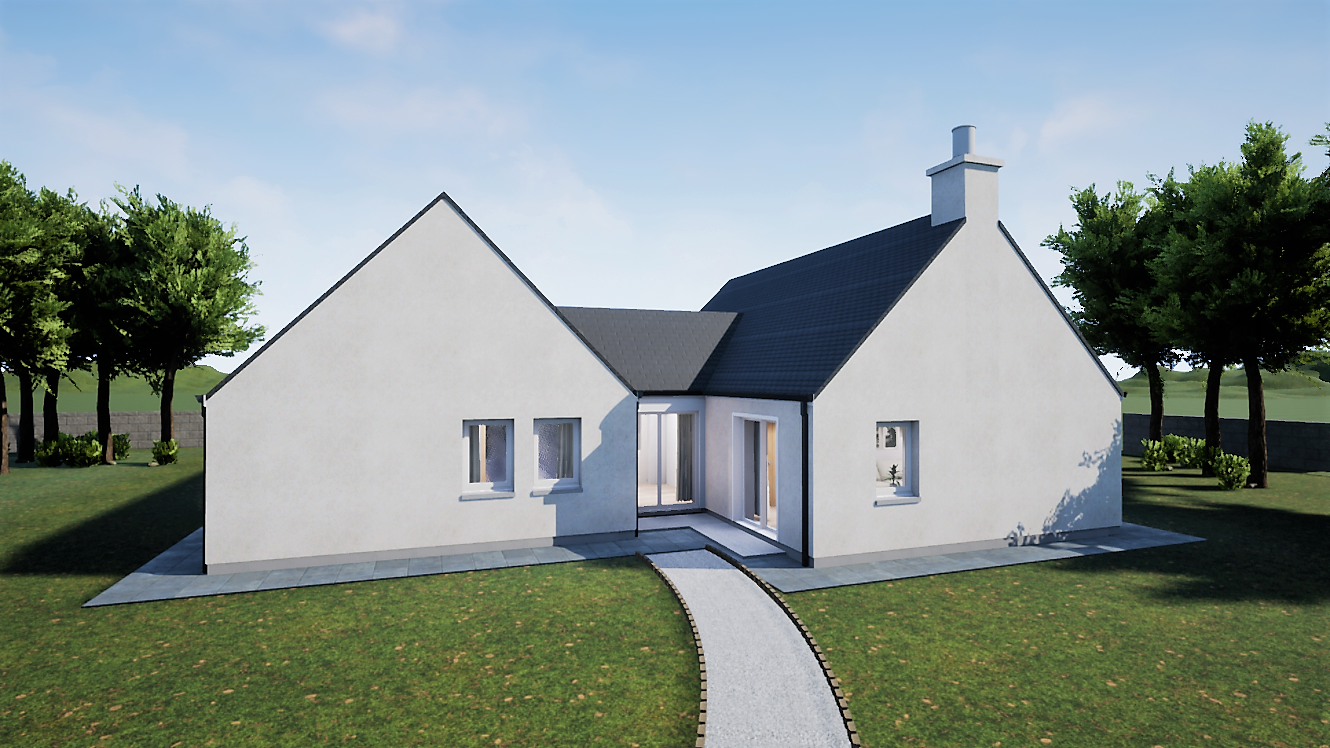Norscot for Sustainable Kit Homes
There is now overwhelming scientific evidence to show that climate change is a serious problem. More than a quarter of the UK’s carbon dioxide emissions – a major cause of climate change – come from the energy we use to heat, light and run our homes. So it’s vital to ensure that homes are built in a way that minimises the use of energy and reduces these harmful emissions.
Construction and use of our homes has a range of other environmental impacts, created for example through water use, waste generation and use of polluting materials, which can be significantly reduced through the integration of higher sustainability performance standards within the design of a home.
The Code for Sustainable Homes
The Code for Sustainable Homes has been introduced to drive a step-change in sustainable home building practice. It is a standard for key elements of design and construction which affect the sustainability of a new home. It will become the single national standard for sustainable homes, used by home designers and builders as a guide to development, and by home-buyers to assist in their choice of home.
It will form the basis for future developments of the Building Regulations in relation to carbon emissions from and energy use in homes.
As a member of the UKTFA, Norscot adopts the following Code of Practice:
- To actively promote the use of timber products sourced from well managed sustainable sources.
- To recognise sustainable development as a key objective and an essential measure of our success.
- To maximise the benefits of timber frame design to reduce raw material waste during manufacture and construction.
- To enhance the whole-life energy efficiency of residential developments.
- To participate in continuing education and research into sustainable construction.
- To encourage clients to consider the ‘cradle to grave’ environmental costs of all building materials.
- To bring commercial pressure on our suppliers, where possible, to adopt good environmental supply chain management.
- To encourage the development of a well managed and responsible forest industry, having a regard for long-term environmental, social, biodiversity and economic considerations.
Why Choose Norscot?
There can be little doubt Norscot has stood the test of time. This means customers can expect products which are “fit for purpose” and a reliable service. They can also have total confidence in the comprehensive guarantees offered by the company.




